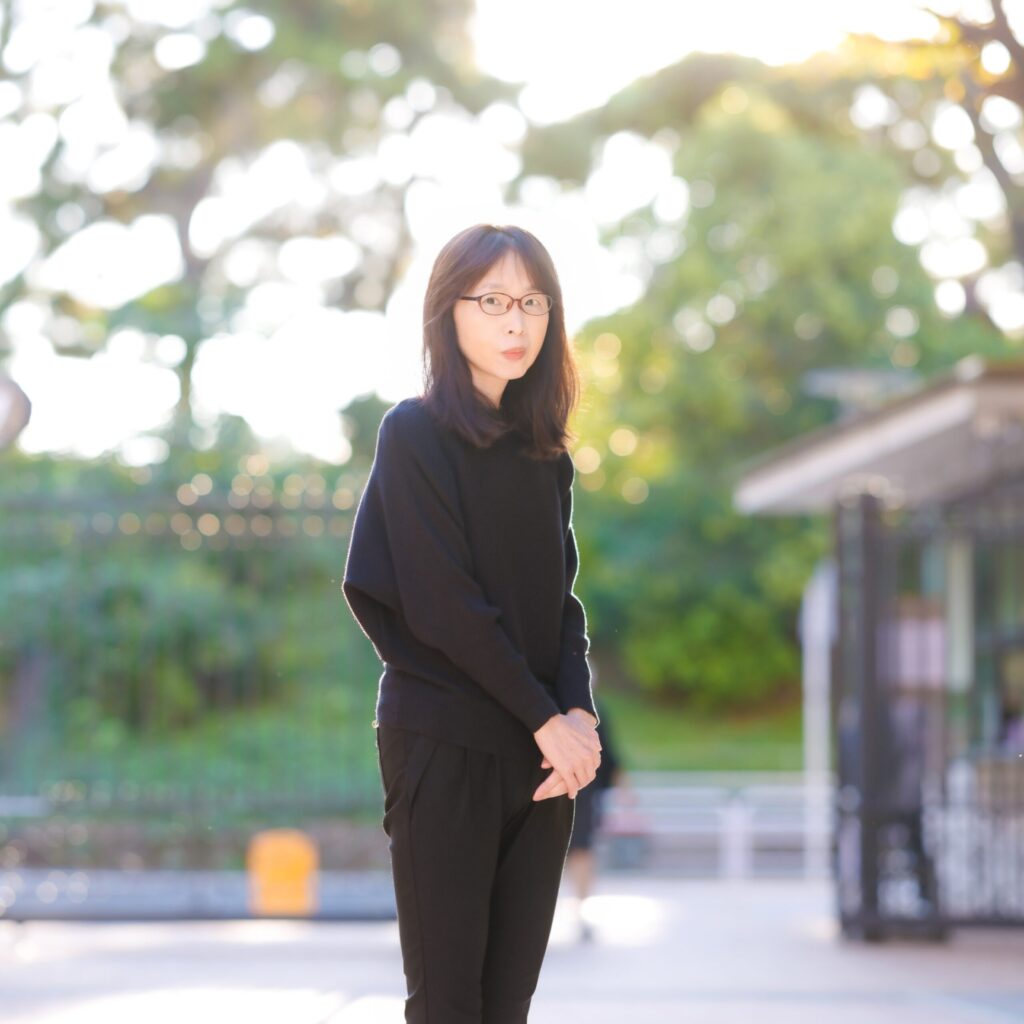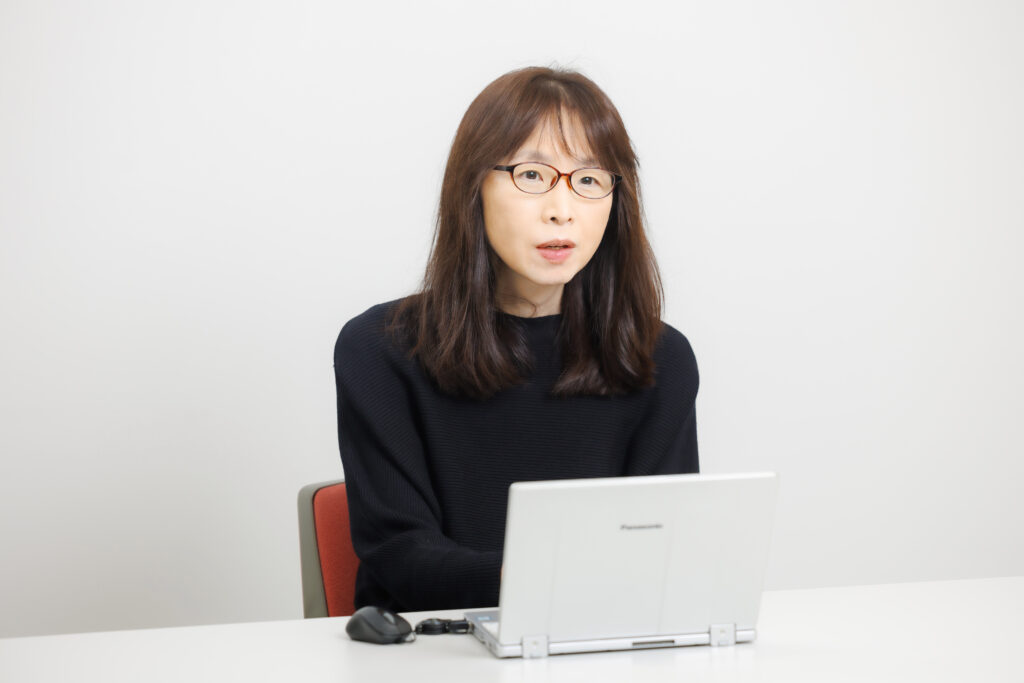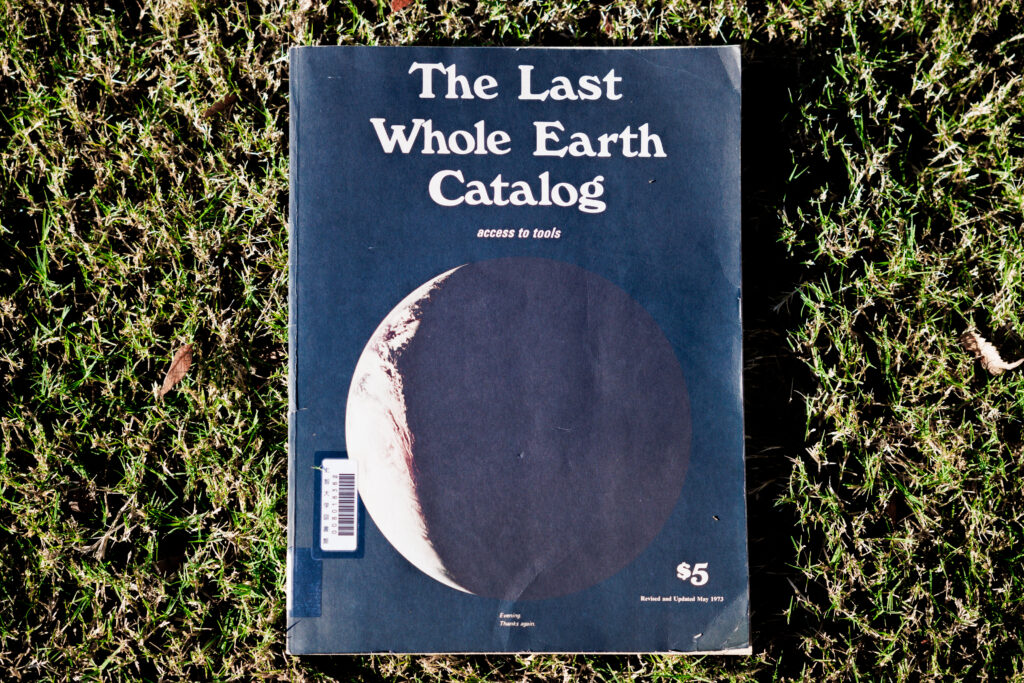
Professor Sumiko Anno from the Graduate School of Global Environmental Studies specializes in environmental health and spatial information science. Using machine learning and deep learning, she conducts research about the impact of environmental changes on humans. She talks about research that can be applied to the prediction of infectious disease outbreaks and crisis management.
I specialize in environmental health and spatial information science. What is the impact of environmental changes on humans? What environments allow people to live healthily, safely, and comfortably? To answer such questions, I use machine learning and deep learning technologies to conduct research that analyzes big data. In addition, I also focus on green artificial intelligence that uses these technologies to solve environmental and health issues.
The developmental activities by humans cause environmental changes that lead to infectious diseases

Currently, I have been working on research about prediction of infectious disease outbreaks and environmental and health issues. In particular, I have been cooperating with researchers in Taiwan and Africa on dengue fever research.
Dengue fever is a viral disease spread by mosquitoes and causes fevers and rashes. Outbreaks are thought to be closely related to environmental changes and climate change. Dengue fever outbreaks are related to unplanned and rapid urbanization, rising temperatures, higher rainfall, and other such factors. While development has merits, there are also demerits such as these.
A desire to solve environmental and health issues using the latest technologies
Such infectious diseases are even more severe in developing countries, where the state of hygiene is poor. New infectious diseases will probably appear in another 10 years. Based on a request from Africa, I have been currently working on research to predict the occurrence of zoonotic diseases caused by environmental, social, and economic factors. In the past, I have conducted joint research with Sri Lanka and Taiwan based on requests from them.
Research starts with going to the field to collect data. Fieldwork is necessary as many things cannot be understood without actually seeing them. Although conducting research in developing countries is difficult, I get a sense of achievement from analyzing data using the latest technologies, consolidating the results, and publishing papers.
When I was engaged as a student intern at the National Aeronautics and Space Administration (NASA), I saw with my own eyes researchers seriously searching for ways to change Earth’s orbit to address global warming. I thought that, being able to work at NASA, these people were indeed extraordinary. Breakthroughs come from wild ideas. I hope to continue research with such a mindset.
The book I recommend
“The Last Whole Earth Catalog”
by Stewart Brand (editor), Random House

This is a catalog that introduces tools and information useful for living on Earth across a wide range of fields. It may be an old book, but its contents remain of reference today. Printed on the back cover is the phrase “Stay hungry. Stay foolish.” This is my desire too.
-
Sumiko Anno
- Professor
Master’s (Doctoral) Program in Global Environmental Studies
Graduate School of Global Environmental Studies
- Professor
-
Graduated from New York Medical College with a Master of Public Health, and received her Ph.D. in Medicine from Kobe University’s Graduate School of Medicine. Took on various positions—such as full-time lecturer and associate professor at Shibaura Institute of Technology—before assuming her current position in 2019.
- Graduate School of Global Environmental Studies
Interviewed: September 2022